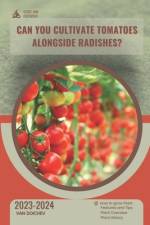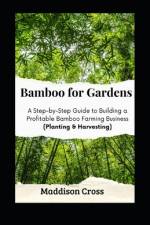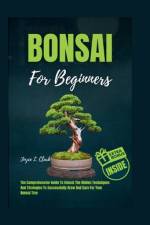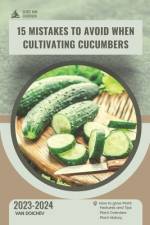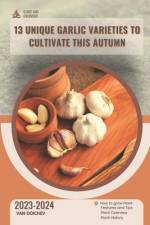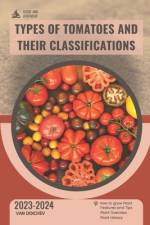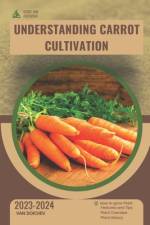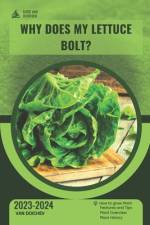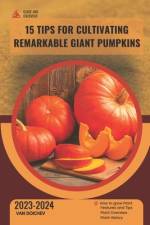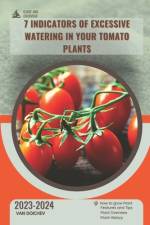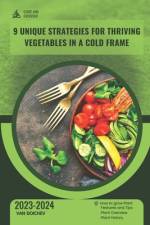- The Comprehensive Guide To Unlock The Hidden Techniques And Strategies To Successfully Grow And Care For Your Bonsai Tree
av Joyce L Clark
239,-
Do you ever feel like...?You're constantly overwatering or underwatering your bonsai, leaving it with limp leaves and stunted growth?You've tried pruning and shaping your tree, but it ends up looking like a lopsided lollipop instead of a miniature masterpiece?You're surrounded by dead branches and yellowing foliage, wondering if your bonsai journey is destined to fail?If you answered "YES" to any of these, then this "Bonsai For Beginners" is the book you've been searching for.I remember feeling exactly that way when I first started. I dreamt of having a tiny, perfectly-shaped tree on my desk, a symbol of patience and tranquility. But instead, I was left with a sad, struggling sapling and a mountain of failed attempts.That is, until I found the right guide. A book that spoke my language, that broke down the complexities of bonsai into bite-sized, actionable steps. It wasn't long before I was able to: Choose the perfect species for my lifestyle and climate. (No more crispy junipers in humid apartments!)Master the art of watering and feeding, without drowning or starving my tree. (Goodbye, limp leaves, hello vibrant green!)Prune and shape with confidence, transforming my bonsai into a tiny work of art. (Lopsided lollipops became graceful, miniature landscapes.)Now, I'm not just keeping my bonsai alive, I'm thriving. I've grown ficuses, junipers, even a delicate cherry blossom, each one of those species is a testament to the knowledge I gained which I applied them in this special book.Here's why "Bonsai For Beginners" will be your saving grace: Written in plain English, with zero confusing jargon. We're all beginners here, so let's ditch the intimidation!Packed with clear, step-by-step instructions and helpful visuals. No room for misinterpretations, just pure, bonsai-growing goodness.Tailored specifically for beginners, with solutions to all your most common challenges.Overwatering? Check.Leggy growth? Check.In this book, We have got you covered in all of the areas you need to know.And that's just the tip of the watering can! Dive into: Choosing the right pot and soil for your bonsai's specific needs.Creating the perfect microclimate for your miniature forest.Troubleshooting common pests and diseases, before they become bonsai-busters.Learning advanced techniques like grafting and air-layering, like a pro and Much More!BONUSES: This book also comes with 20 Pages Of "Garden Progress Tracker" which will help you stay on track while using the book (Available Only On Paperback Version)An "Email Of Consultation" with all of this unique masterpiece that this book offers, What if you still want to ask a question? THAT'S WHY I AM HERE FOR YOU. I AM ALL YOURS! At the last chapter of this book, we provide you with an Email which will help you if you have any questions or concerns.So What Are You Waiting For?Imagine the satisfaction of finally having a healthy, thriving bonsai. Imagine the compliments you'll receive, the sense of accomplishment that washes over you. It's all within reach, thanks to this book "Bonsai For Beginners."Don't let another day go by wrestling with limp leaves and lopsided trees.Click The "BUY BUTTON" Now to Grab your copy today and watch your bonsai skills blossom!


